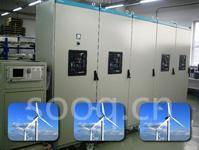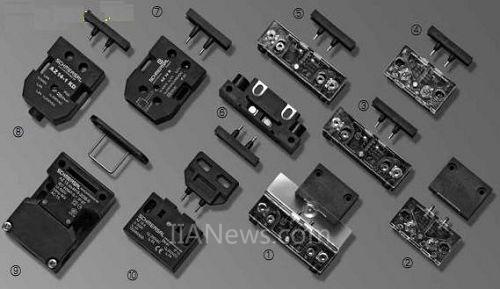August 28, 2009 - ETSI announces a Wireless Factory Starter Group aimed at identifying standardization needs and opportunities in the rapidly-expanding domain of wireless factory automation (WIFA). The group's first meeting will take place from 20 to 21 October 2009 in ETSI's premises at Sophia Antipolis, southern France. This meeting is expected to result in commitments from its participants to collaborate in the development of new standards for WIFA.
The use of wireless technologies in the factory and the supply chain is not new. Applications have existed in one form or another for the past couple of decades. These early implementations have taken the form of isolated applications that have delivered one particular function or ability. Indeed, many factories operate with a number of parallel wireless systems, for example providing two-way radio, pager networks, etc.
However, more recent advances in wireless technology mean that rather than customers acquiring individual solutions, a wireless LAN backbone can provide access to diverse applications and data through one infrastructure. In other words, manufacturers can move from individual to architectural solutions in the factory itself.
Much remains to be done on wireless systems and corresponding standards to satisfy the necessary balance of requirements for field devices in terms of latency, data rate, communication reliability, power consumption and also node density and range. In addition, sensor networks using technologies such as Radio Frequency Identification (RFID) and Machine to Machine (M2M) communications have entered the factory automation picture. These bring a potential for extensive rationalization and cost savings but also pose a variety of integration, synchronization and interworking/interoperability issues.
Because of this diversity and rapid innovation, customers of wireless factory automation solutions can find this complex balancing exercise very daunting. In addition, they are often bombarded with conflicting and confusing claims from a range of sources. It is widely acknowledged that technical standards, especially those produced by a neutral organization such as ETSI, can offer clarity and stability. By bringing together the various experts to create the standards, a better mutual understanding of needs and capabilities can be achieved. In addition, as the standardization work gets underway, complementary ETSI services – notably interoperability testing and conformance testing – will also be brought on-stream to ensure the quality of the results.
Mr Marc GRANT, Principal Technical Architect for Radio Standards at AT&T and ETSI Board Member, said: "Discussions with various stakeholders confirm that the use of wireless communications in the automation domain, be it processing or discrete manufacturing, can improve efficiency and flexibility. However, these advantages will be lost if no harmonized approach is adopted and fragmentation continues to rule. ETSI is delighted to apply its expertise in ICT standardization for the creation of a set of comprehensive standards for the wireless factory automation domain."
The first meeting of the Wireless Factory Starter Group is open to all upon registration. The agenda features potential topics for standardization by ETSI, and a new free electronic newsletter on ETSI's WIFA activities has been launched.
about ETSI
ETSI produces globally-applicable standards for Information and Communications Technologies (ICT), including fixed, mobile, radio, converged, broadcast and internet technologies and is officially recognized by the European Union as a European Standards Organization. ETSI is an independent, not-for-profit association whose 766 member companies and organizations, drawn from 63 countries across 5 continents worldwide, participate directly in its work.



